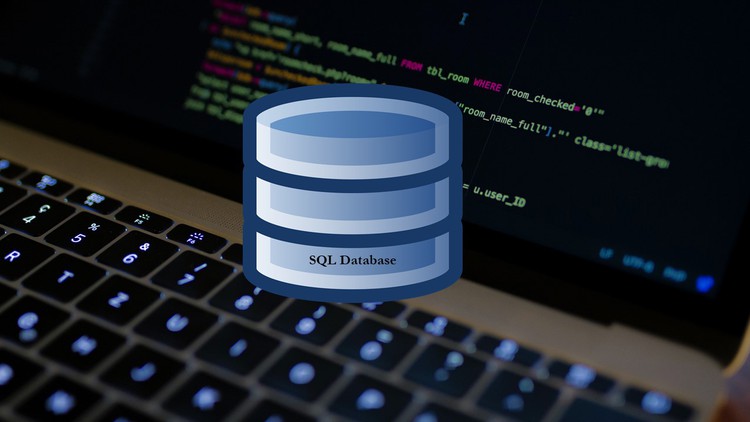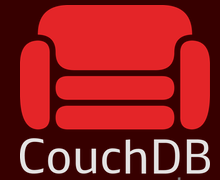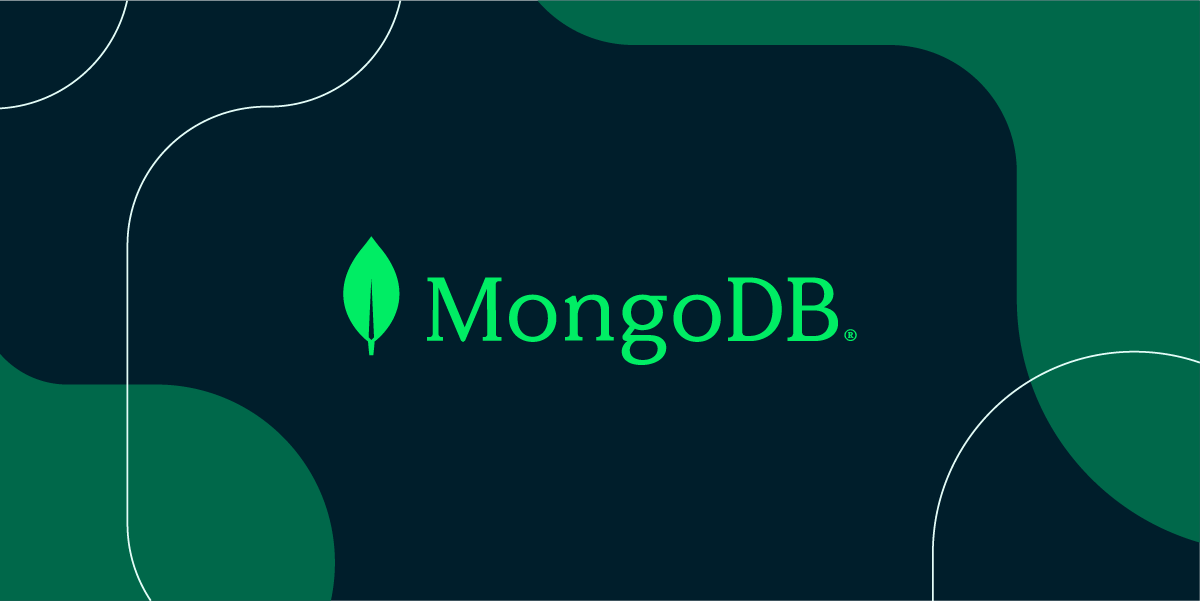Description
Introduction of YugabyteDB’s PostgreSQL Compatibility
YugabyteDB is a distributed SQL database that provides PostgreSQL compatibility through its YSQL API. It combines the features of PostgreSQL with the scalability and performance of a distributed system, making it an ideal solution for applications requiring high availability, resilience, and performance.
Prerequisites
- Basic understanding of relational databases and SQL.
- Familiarity with PostgreSQL.
- Experience with database administration or application development.
- Knowledge of distributed systems and cloud architectures is helpful but not required.
Table of Contents
- Introduction to YugabyteDB and YSQL
1.1 What is YugabyteDB?
1.2 The Role of YSQL in YugabyteDB
1.3 PostgreSQL Compatibility: What You Need to Know
1.4 Features and Benefits of YSQL in Distributed Environments - Setting Up YugabyteDB with YSQL
2.1 Installing YugabyteDB and YSQL
2.2 Configuring YSQL for High Availability and Scalability
2.3 Connecting to YugabyteDB using YSQL
2.4 Managing Databases and Users in YSQL - YSQL Query Language: PostgreSQL Features and Compatibility
3.1 YSQL Syntax and Query Compatibility with PostgreSQL
3.2 Supported PostgreSQL Data Types in YSQL
3.3 Functions and Operators: PostgreSQL vs. YSQL(Ref: Monitoring and Observability in YugabyteDB Clusters)
3.4 Working with PostgreSQL Extensions in YSQL
3.5 Handling Transactions and ACID Properties in YSQL - Data Modeling in YSQL
4.1 Defining Tables and Data Types in YSQL
4.2 Advanced Indexing Techniques: B-trees, GIN, and GiST in YSQL
4.3 Using Foreign Keys, Constraints, and Triggers
4.4 Partitioning Tables and Data in YSQL
4.5 Full-Text Search in YSQL: PostgreSQL Compatibility - Advanced SQL Features in YSQL
5.1 Advanced Join Operations in YSQL
5.2 Window Functions and Analytics in YSQL
5.3 Working with Subqueries in YSQL
5.4 Using Common Table Expressions (CTEs) in YSQL
5.5 Recursive Queries in YSQL - Performance Optimization in YSQL
6.1 Query Optimization Strategies in YSQL
6.2 Indexing Best Practices for YSQL
6.3 Analyzing and Tuning YSQL Queries
6.4 Optimizing for High Availability and Low Latency in YSQL
6.5 Query Execution Plans in YSQL - Security and Access Control in YSQL
7.1 Authenticating Users and Roles in YSQL
7.2 Configuring Role-Based Access Control (RBAC)
7.3 Data Encryption at Rest and in Transit in YSQL
7.4 Auditing and Monitoring YSQL Activity
7.5 Best Practices for Secure YSQL Configuration - Replication and High Availability with YSQL
8.1 YugabyteDB Replication Mechanisms
8.2 Configuring Synchronous and Asynchronous Replication
8.3 Failover and Disaster Recovery in YSQL
8.4 Load Balancing and Connection Pooling for YSQL
8.5 Cross-Region Replication and Data Distribution - Integrating YSQL with Modern Applications
9.1 Using YSQL with Microservices and APIs
9.2 Integrating YSQL with Big Data Tools and Pipelines
9.3 Leveraging YSQL for Real-Time Data Processing
9.4 YSQL and Analytics: Using BI Tools for Reporting
9.5 Integrating YSQL with Messaging Systems and Event-Driven Architectures - Migrating from PostgreSQL to YSQL
10.1 Planning the Migration from PostgreSQL to YSQL
10.2 Tools and Techniques for Migrating PostgreSQL Databases
10.3 Handling Schema and Data Migrations in YSQL
10.4 Ensuring Minimal Downtime during Migration
10.5 Post-Migration Optimization and Testing - Case Studies and Real-World Use Cases of YSQL
11.1 YSQL for E-Commerce: Scalability and High Availability
11.2 Using YSQL for Financial Applications and Real-Time Transactions
11.3 YSQL for Gaming: Handling High-Volume Concurrent Transactions
11.4 Healthcare Applications: Using YSQL for Data Consistency and Compliance
11.5 Real-Time Analytics with YSQL in IoT Systems
Conclusion
By the end of this training, participants will have a deep understanding of YugabyteDB’s PostgreSQL compatibility through YSQL. They will be able to leverage advanced SQL features, optimize performance, implement security best practices, and use YSQL for building distributed applications with high availability. This training is ideal for developers and database administrators looking to transition from traditional PostgreSQL systems to a distributed SQL architecture, or those exploring the benefits of distributed SQL in modern applications.







Reviews
There are no reviews yet.